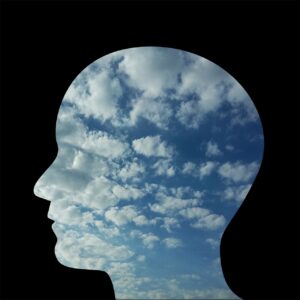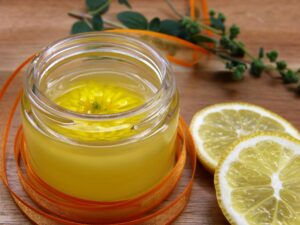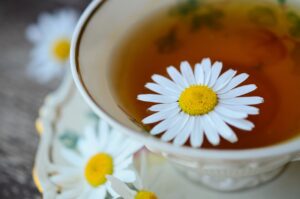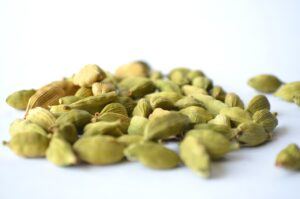Ayurveda is one of the oldest medicine system. ItVata dosha is one of the three doshas in Ayurvedic medicine, the traditional system of medicine from India. The three doshas are Vata, Pitta, and Kapha, and they are considered to be the three fundamental energies or humors that govern the functions of the body and mind.
CHARACTERISTICS OF VATA
Vata dosha is responsible for movement, both physical and mental, and it is associated with the elements of air and ether. It controls the movement of the body, including breathing, heartbeat, and muscle contractions, as well as the movement of thoughts, emotions, and nerve impulses. When Vata is in balance, it promotes creativity, flexibility, and adaptability. When it is out of balance, it can cause anxiety, restlessness, insomnia, dry skin, and other physical and mental symptoms.

For Vata individuals, who tend to be cold, dry, and light, it is recommended to eat foods that have opposite qualities, such as warmth, moisture, and heaviness. This can help to balance Vata and promote healthy digestion.
As you mentioned, some Vata individuals may have more sensitive digestive patterns and variable appetites. In such cases, it can be helpful to eat smaller, more frequent meals throughout the day and choose foods that are easy to digest, such as cooked grains, soups, and stews. Adding warming spices like ginger, cinnamon, and cardamom to meals can also help to stimulate digestion.
How to balane Vata Dosha
Digestive problems: Vata dosha controls the movement of food through the digestive system. When it is imbalanced, it can cause constipation, bloating, and gas.
Joint pain: Vata dosha is associated with dryness, which can cause joint pain, stiffness, and cracking.
Dry skin: Vata dosha can cause dryness in the skin, leading to roughness, flakiness, and itchiness.
Insomnia: Vata dosha can cause restlessness and difficulty falling asleep or staying asleep.
Anxiety and depression: When Vata dosha is out of balance, it can cause feelings of anxiety, fear, and insecurity. It can also lead to depression, lethargy, and a lack of motivation.
Fatigue: Vata dosha can cause exhaustion and fatigue, especially if it is imbalanced for a prolonged period.
Nervous system disorders: Vata dosha controls the movement of nerve impulses in the body. When it is imbalanced, it can lead to nervous system disorders such as tremors, seizures, and Parkinson’s disease.
Balancing Vata dosha through diet, lifestyle changes, and herbal remedies can help to alleviate these symptoms and promote overall health and well-being.
In Ayurvedic medicine, Vata dosha is associated with the elements of air and ether, which are cold, light, dry, and mobile. To balance Vata dosha, it is recommended to choose foods that are warm, grounding, nourishing, and moist.
Foods to balance Vata Dosha
Here are some foods that are considered beneficial for balancing Vata dosha:
- Warm, cooked grains such as rice, quinoa, and oats.
 Nuts and seeds such as almonds, sesame seeds, and pumpkin seeds.
Nuts and seeds such as almonds, sesame seeds, and pumpkin seeds.- Healthy oils such as ghee, coconut oil, and sesame oil.

Warm, nourishing soups and stews.
Sweet fruits such as ripe bananas, dates, and figs.
Warm, soothing herbal teas such as ginger tea, chamomile tea, and licorice tea.

Dairy products such as milk, ghee, and paneer.
Spices such as ginger, cinnamon, and cardamom.

It is important to avoid foods that are cold, dry, or raw, as they can aggravate Vata dosha. This includes foods like raw vegetables, salads, cold drinks, and iced foods. Also, it is recommended to avoid stimulants like caffeine and alcohol, as they can exacerbate Vata’s tendency toward restlessness and anxiety.
Vata dosha governs the movement and functioning of the body and mind. When it is in balance, it promotes creativity, flexibility, and adaptability. However, when it is out of balance, it can cause a variety of physical and mental symptoms.
